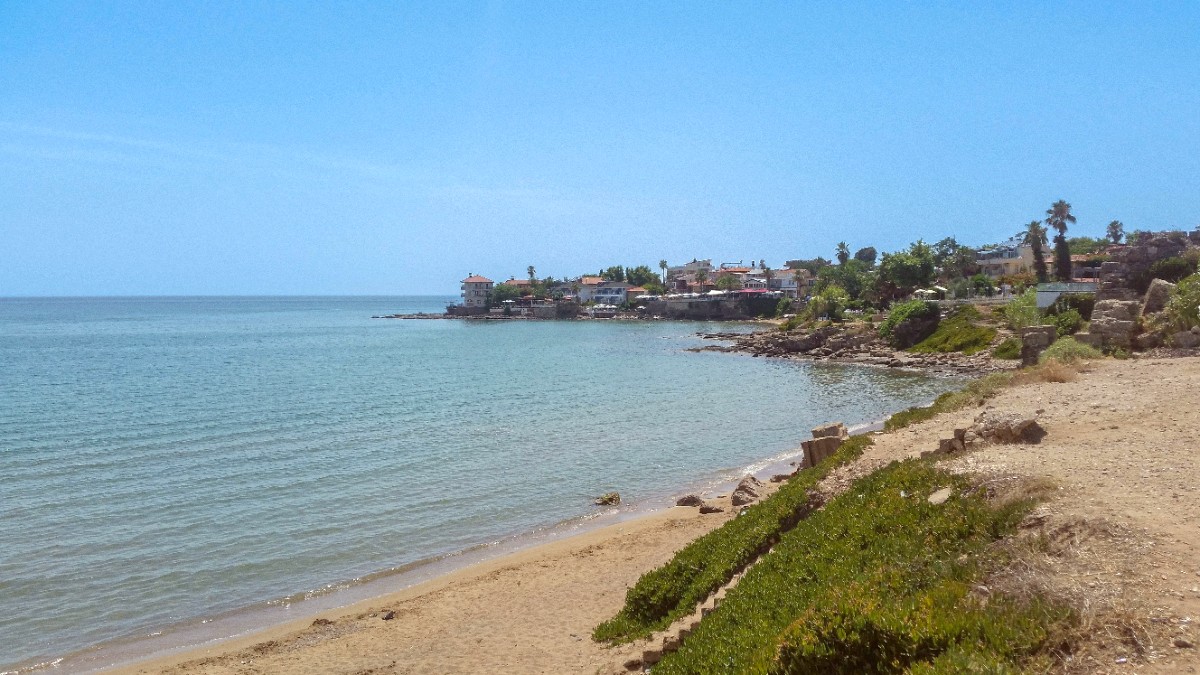
Mediterranean Coast, Turkey
The Manavgat-Side Coastal Area protects sea turtle nesting grounds (May-Oct). Köprülü Canyon National Park conserves river and canyon ecosystems. Avoid disturbing nesting sites and keep beaches clean.
Recycling infrastructure is developing. Dispose of all waste in designated bins. Avoid littering, especially around ancient sites and natural areas. Choose products with minimal packaging.
Turkey, especially its southern regions, may face water stress during the dry summer months. Be mindful of water usage in accommodations: take shorter showers, turn off taps, reuse towels.
Interacting respectfully with local culture makes your experience richer and shows appreciation for Side's heritage.
Support the Side Museum and other archaeological sites by paying entrance fees. These fees directly fund the upkeep, preservation, and ongoing archaeological work. Respect the ancient ruins: do not touch, climb on, or deface any historical structures. Stay on designated paths.
Dress modestly when visiting religious sites or more conservative areas of town. Be patient and polite in your interactions; a smile contributes. Bargain respectfully in markets. Always ask permission before photographing individuals, especially women and children. Be discreet when photographing in religious settings.
Look for hotels and resorts that promote sustainable practices. Choose tour operators that emphasize responsible tourism and minimize their environmental impact.
Explore Eco-Friendly Stays on EcobnbConsider supporting carbon offset programs for your flights. Many airlines offer this option directly. Support ethical tour operators.
Offset Your Carbon with TerrapassEngage with locals, try learning a few Turkish phrases, and always ask for permission before taking photos of people. This fosters positive interactions. Consider G Adventures for ethical tours.
Your travel choices directly affect the local community. See your money benefit Side's residents.
Choose to dine at local restaurants and cafes rather than international chains or large hotel buffets. Buy your produce, spices, and other goods from local markets, like the Manavgat Market, instead of large supermarkets. Use local tour operators for excursions and activities.
When purchasing carpets, artisan goods, or other souvenirs, try to buy directly from local producers or reputable shops that confirm fair compensation to the artisans. Be wary of mass-produced souvenirs that might not genuinely support local communities. Avoid activities that exploit animals.
Your choices extend beyond the immediate purchase. Inquire about the origin of products to ensure ethical sourcing. For charitable contributions, consider reputable local organizations over direct giving. Even after your trip, you can support conservation efforts.
Consider donating to reputable local charities or organizations instead of direct giving, which sometimes encourages begging. Research local community projects.
Inquire about product origins. Be cautious of overly pushy sales tactics, especially in some tourist shops. Do not feel pressured to buy.
Support conservation efforts even after your visit. Consider organizations that protect natural heritage, such as The Rainforest Site.